Space Force wargame challenges satellite operators to think critically
Sunday, 21 August 2022 17:00
At the Space Flag exercise, Space Force guardians conduct simulated operations that mimic a real-world conflict
The post Space Force wargame challenges satellite operators to think critically appeared first on SpaceNews.
Hawaii seeks end to strife over astronomy on sacred mountain
Saturday, 20 August 2022 15:55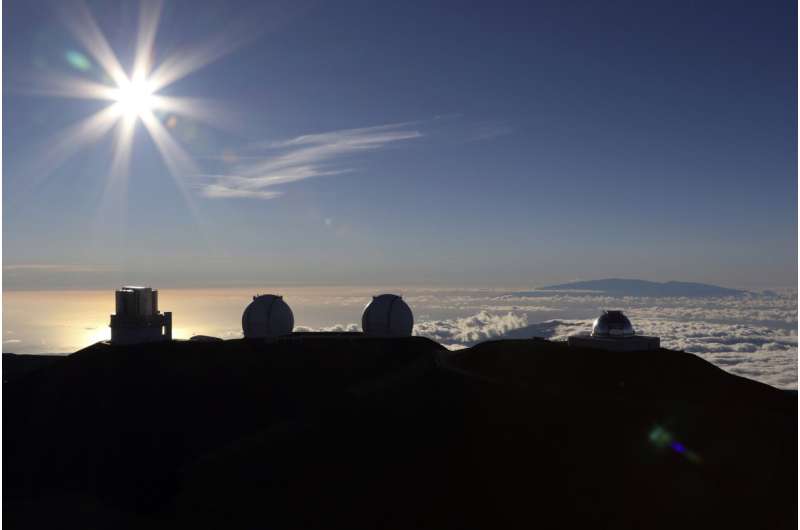
NASA asks industry for input on ISS deorbit capabilities
Saturday, 20 August 2022 15:20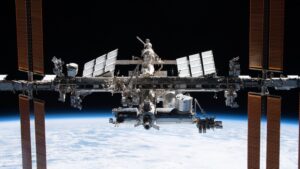
NASA is requesting information from industry on its capabilities and interest in developing a spacecraft that would deorbit the International Space Station at the end of its life.
The post NASA asks industry for input on ISS deorbit capabilities appeared first on SpaceNews.
50 years ago, NASA's Copernicus set the bar for space astronomy
Saturday, 20 August 2022 05:23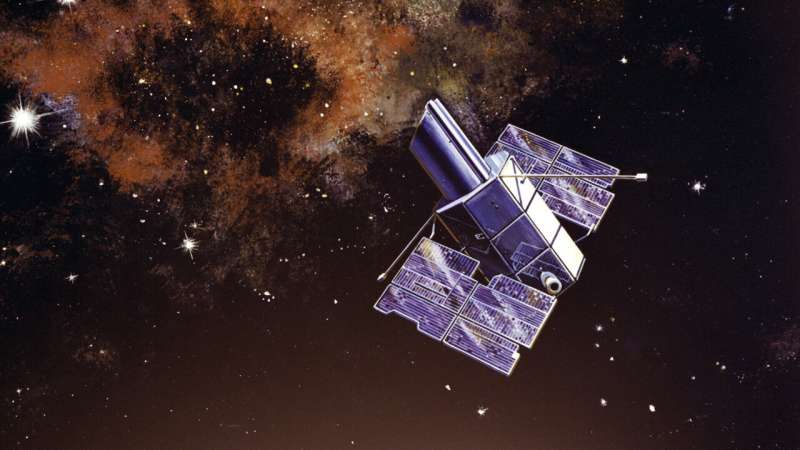
At 6:28 a.m. EDT on Aug. 21, 1972, NASA's Copernicus satellite, the heaviest and most complex space telescope of its time, lit up the sky as it ascended into orbit from Launch Complex 36B at what is now Cape Canaveral Space Force Station, Florida.
Initially known as Orbiting Astronomical Observatory (OAO) C, it became OAO 3 once in orbit in the fashion of the time. But it was also renamed to honor the 500th anniversary of the birth of Nicolaus Copernicus (1473–1543). The Polish astronomer formulated a model of the solar system with the Sun in the central position instead of Earth, breaking with 1,300 years of tradition and triggering a scientific revolution.
Fitted with the largest ultraviolet telescope ever orbited at the time as well as four co-aligned X-ray instruments, Copernicus was arguably NASA's first dedicated multiwavelength astronomy observatory. This makes it a forebear of operating satellites like NASA's Neil Gehrels Swift Observatory, which watches the sky in visible, ultraviolet, and X-ray light.
Intelsat working to regain control of Galaxy 15 satellite
Friday, 19 August 2022 21:35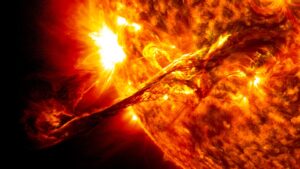
Intelsat said Aug. 19 it has lost control of its Galaxy 15 satellite after it was likely hit by a geomagnetic storm.
The post Intelsat working to regain control of Galaxy 15 satellite appeared first on SpaceNews.
Big plans for mini-launchers
Friday, 19 August 2022 20:42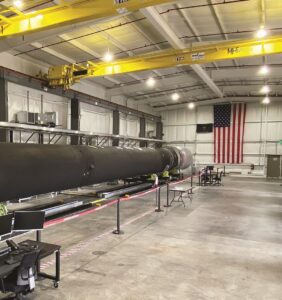
Industry’s attention is shifting to a larger class of rockets, sometimes called ”mini-launchers” capable of placing about a metric ton into orbit.
The post Big plans for mini-launchers appeared first on SpaceNews.
NASA selects potential lunar landing sites for Artemis 3
Friday, 19 August 2022 20:17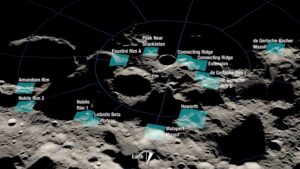
NASA has selected 13 regions around the south pole of the moon that it is considering for the first crewed landing of the Artemis program later this decade.
The post NASA selects potential lunar landing sites for Artemis 3 appeared first on SpaceNews.
After 45 years, the 5-billion-year legacy of the Voyager 2 interstellar probe is just beginning
Friday, 19 August 2022 17:11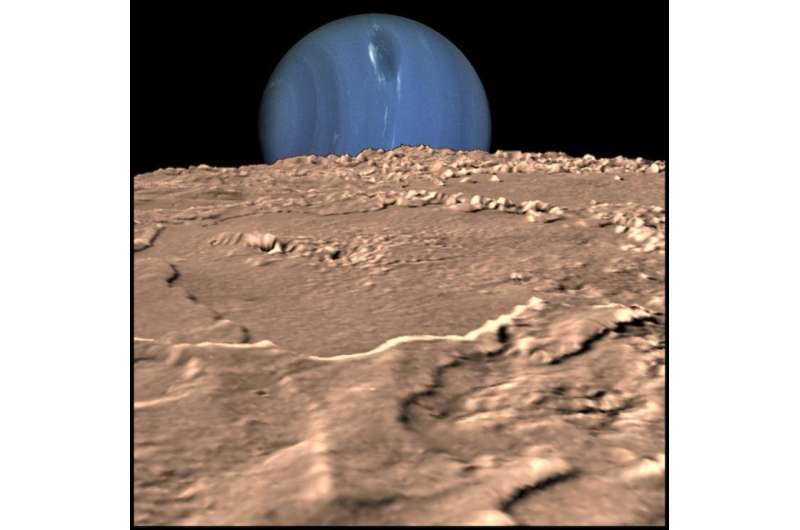
On August 20 1977, 45 years ago, an extraordinary spacecraft left this planet on a journey like no other. Voyager 2 was going to show us, for the first time, what the outer solar system planets looked like close-up. It was like sending a fly to New York City and asking it to report back.
Voyager 1 was launched after Voyager 2, on September 5. Attached to the flank of each Voyager was a Golden Record carrying greetings, sounds, images and music from Earth.
The spacecraft were more or less twins, but they had different trajectories and scientific instruments. While both flew by Jupiter and Saturn, Voyager 1 then sped onwards to interstellar space. Voyager 2 tarried to make the only visit ever to the ice giants, Uranus and Neptune.
Where exactly will astronauts land on the moon? NASA is going to tell us
Friday, 19 August 2022 16:11
With NASA's first Artemis mission to the moon set to launch before the end of the month, teams are gearing up for future missions with astronauts including just exactly where the next people to set foot on the moon will be leaving their footprints.
NASA has announced a news conference for 2 p.m. Friday to reveal potential landing locations for the Artemis III mission, which is still targeting a launch in 2025, but not before the uncrewed Artemis I flight slated to launch on Aug. 29 and a crewed Artemis II flight in 2024 that will send humans back to the moon, but not only to orbit it.
Artemis III would mark humans' return to the surface for the first time since Apollo 17 astronauts Eugene Cernan and Harrison Schmidt left the surface on Dec. 14, 1972.
The Apollo program managed six landings with two humans each for a total of 12 to walk on the moon between 1969-1972.
Op-ed | Satellite industry consolidation: is the tail wagging the dog?
Friday, 19 August 2022 15:28
Recent weeks and months have seen growing activity among satellite network operators keen to integrate the soon-to-be-available LEO-derived bandwidth with existing GEO services.
The post Op-ed | Satellite industry consolidation: is the tail wagging the dog? appeared first on SpaceNews.
How a scientist established a two-stage solar flare early warning system
Friday, 19 August 2022 14:55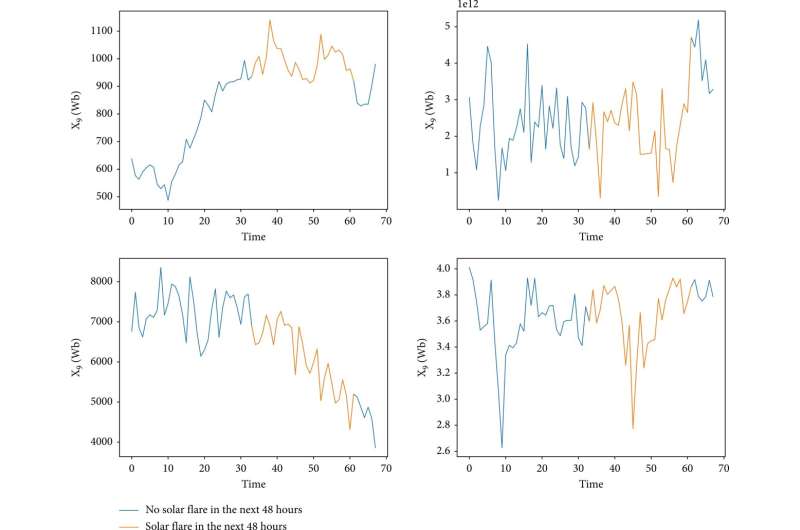
NASA Identifies Candidate Regions for Landing Next Americans on Moon
Friday, 19 August 2022 14:07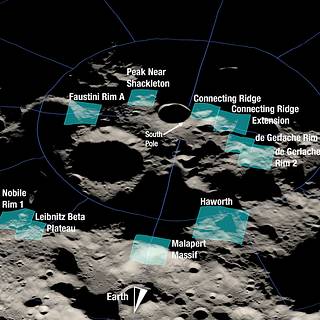 As NASA prepares to send astronauts back to the Moon under Artemis, the agency has identified 13 candidate landing regions near the lunar South Pole.
As NASA prepares to send astronauts back to the Moon under Artemis, the agency has identified 13 candidate landing regions near the lunar South Pole. NASA rocket using 'astronomical forensics' will study exploded star
Friday, 19 August 2022 12:49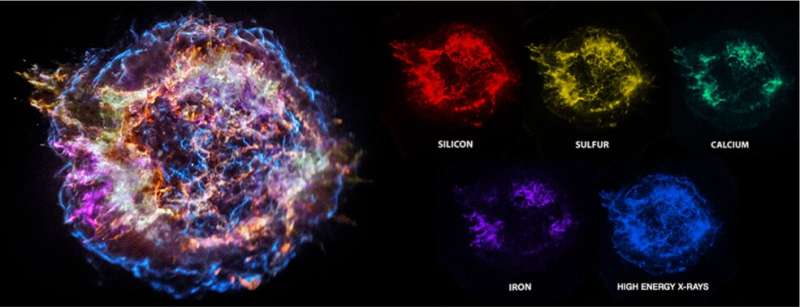
A NASA-funded sounding rocket mission will observe the remnants of an exploded star, uncovering new details about the eruption event while testing X-ray detector technologies for future missions.
Week in images: 15-19 August 2022
Friday, 19 August 2022 12:04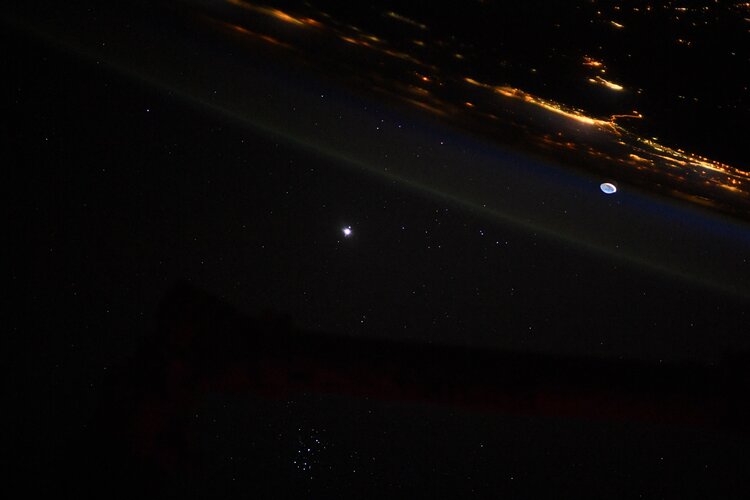
Week in images: 15-19 August 2022
Discover our week through the lens
Deep concern about food security in East Africa
Friday, 19 August 2022 11:48 The rains have failed in Eastern Africa for four consecutive seasons. That has not happened in 40 years of satellite records. Scientists and aid agencies are now alerting the world to an unprecedented level of food insecurity in 2022 for Ethiopia, Kenya, and Somalia. With forecasts suggesting the next rainy season will also be inadequate, climate and agriculture experts are advising governments
The rains have failed in Eastern Africa for four consecutive seasons. That has not happened in 40 years of satellite records. Scientists and aid agencies are now alerting the world to an unprecedented level of food insecurity in 2022 for Ethiopia, Kenya, and Somalia. With forecasts suggesting the next rainy season will also be inadequate, climate and agriculture experts are advising governments 
